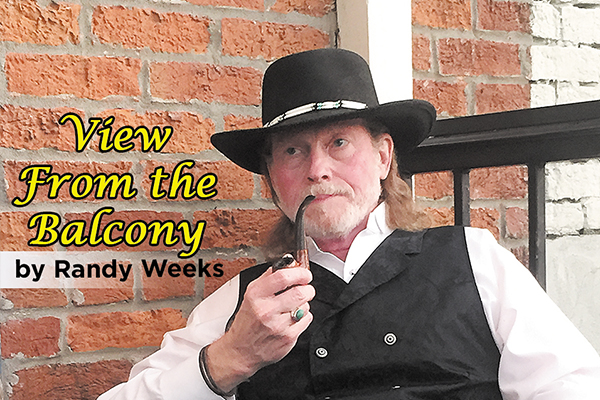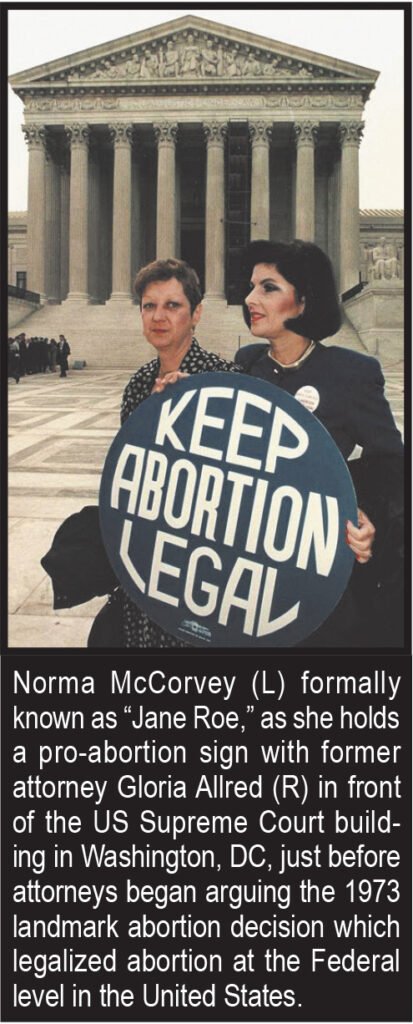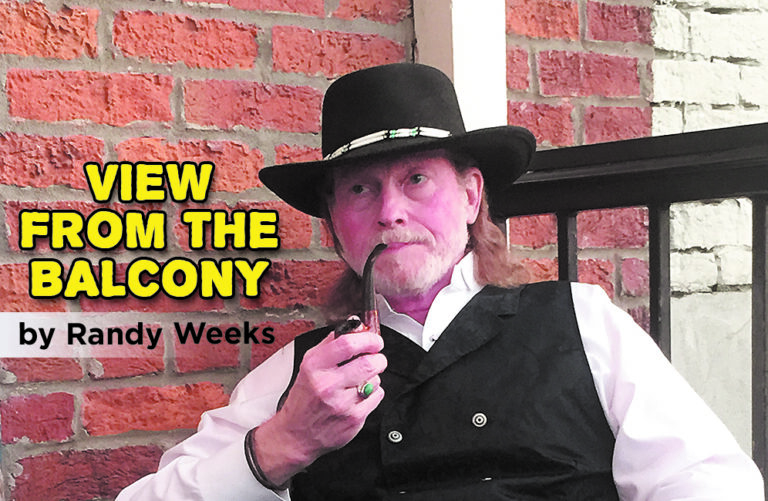
We will soon know the final ruling from the Supreme Court on Mississippi’s ban on abortion and whether their decision will overturn Roe v. Wade. Indications point to an upholding of Mississippi’s law but are not as clear regarding Roe v. Wade.
Immediately after Associate Justice Samuel Alito’s opinion draft was leaked, protests on both sides of the issue intensified. In a Washington Post-ABC News poll conducted from April 24 to April 28, 2022, 54 percent of those surveyed said that Roe v. Wade should be upheld, while 28 percent said it should be overturned, and 18 percent had no opinion.* Even if the 18 percent with no opinion were to side against Roe v. Wade, the numbers would still favor upholding Roe v. Wade.
Should the Supreme Court follow public opinion? It has historically gone against public opinion in at least three significant cases: United States v. Eichman, 1990 that upheld a person’s right to burn the American flag as an act of free speech, Miranda v. Arizona, 1966 that required law enforcement to advise suspects of their right to remain silent and request an attorney (Miranda Rights), and the 1971 unanimous decision, Swann v. Charlotte-Mecklenburg Board of Education, that upheld integration programs that bused black students to white public schools.
While the Supreme Court should not simply follow public opinion, it should give attention to it. In our system with a purported balance of power, “we the people” have our Congresspersons and Senators who are charged with serving the electorate. The Supreme Court has no electoral obligation so that, theoretically, they can view and rule on cases objectively in light of our Constitution. Now that the process for confirming Supreme Court justices has become so politicized, the objectivity of the Justices is being chipped away.
Many say that we cannot legislate morality, yet every law that is passed and every ruling from the Supreme Court does just that. So, what moral code does our government follow?
My observation has been that while Pro-lifers are against abortion, most of them support capital punishment. Those who are anti-death penalty are typically Pro-choice. Pro-lifers point out a perceived inconsistency in being against the death penalty but in the support of the freedom to end the life of a fetus. Pro-choice proponents point out that while millions of dollars are poured into efforts to fight abortion, precious little support is given a mother and child after the baby has been born.
The older I get the less black and white this world becomes. Life experiences change us, often giving us more insight into the complexities of existence and more compassion for those who struggle with painfully thorny choices (Think Sophie’s Choice—look it up if you don’t know the reference).
When such diametrically opposed beliefs exist in the same space and time with significant disparity in human beliefs and powerfully potent consequences on both sides, how can a convocation of Justices presume to rule on what all expectant mothers should do with their pregnancy, wanted or otherwise? Such decisions are too personal, too private, and have too many variables to be determined by a court, no matter how wise the Justices might be.
Several scientifically conducted studies have shown that most women struggle with the decision to give birth or to abort. The Turnaway Study, a five-year project by researchers from the University of California San Francisco and Columbia University, showed that 95 percent of the 667 women from 21 states surveyed believed they made the right decision in choosing abortion five years earlier.** There are other fallacies about abortion and the women who choose to abort that don’t hold up statistically. Space prohibits listing them here. Conduct your own internet search and educate yourself about them.
In my opinion, striking down Roe v. Wade would be a major mistake that would lead to more back alley and self-conducted abortions, clearly putting the lives of many women in jeopardy. Hard choices about whether or not to terminate a pregnancy should be, in the end, a decision for a woman to make in consultation with her healthcare provider.
…and that’s the view from The Balcony.
Randy Weeks is a Licensed Professional Counselor, a Certified Shamanic Life Coach, an ordained minister, a singer-songwwriter, and an actor. He may be reached at randallsweeks@gmail.com.
*Source: April 24-28, 2022, Washington Post-ABC News poll of 1,004 U.S. adults with an error margin of +/- 3.5 percentage points.
**Diana Green Foster Ph.D., Samantha Desz, et al. (2020). The Turnaway Study: Ten Years, a Thousand Women, and the Consequences of Having—or Being Denied—an Abortion. Scribner, New York.



